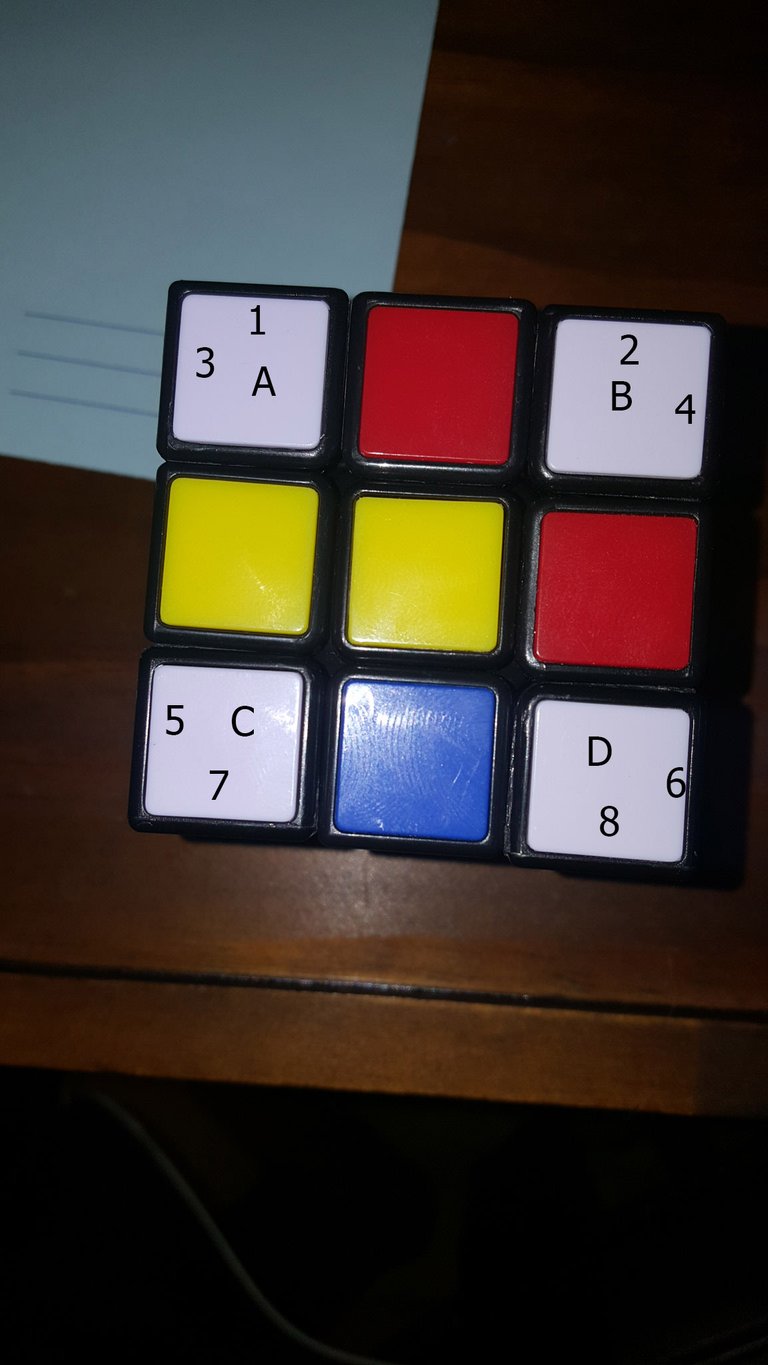yeah, i used to be able to do it really fast when i was a kid (probably not 15 seconds, but a minute or two).
The key is to understand how the corners and edges orient to one another. that is to say, if the top left corner has green facing back, the top right also needs to have green facing back.
One of the things that screws people up ,is they will get a side or two all the same color or mostly the same color, and think its "solved" but they actually still have pieces in the wrong place, or facing the wrong way.
The easiest way to start is to start by solving the corners for a particular color. BEcause it will give you an idea about how relative orientation comes into play.
Its not enough to just get all 4 white corner pieces on the same face

you have to get it so that the A and B pieces have the same color in positions 1 and 2, and opposite colors in positions 3 and 4.
There are 8 diff corners, each with a different combination of 3 colors, and they all have to be in a specific postion relativel to each other.
so in the pic above, if my A piece has green at position 1 and red at position 3, my corners will look like
A (red 3, green 1)
B (green 2, orange4)
C (red 5, blue 7)
D (oragne 6, blue 8)
The other 4 corners will be the ones directly below their counterparts, and theyll be exactly the same except with a yellow face.